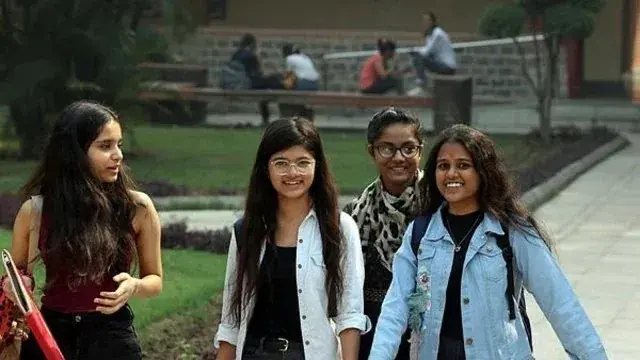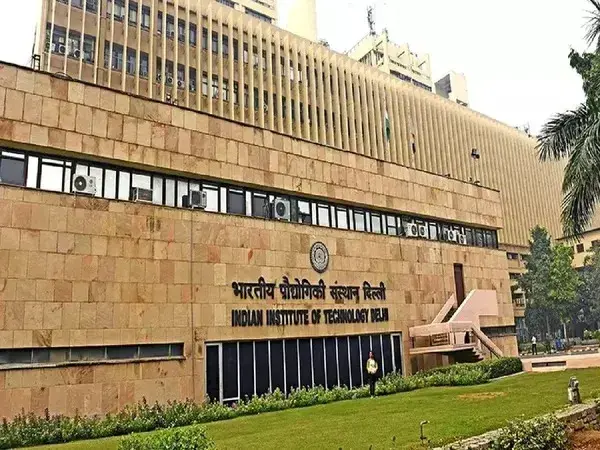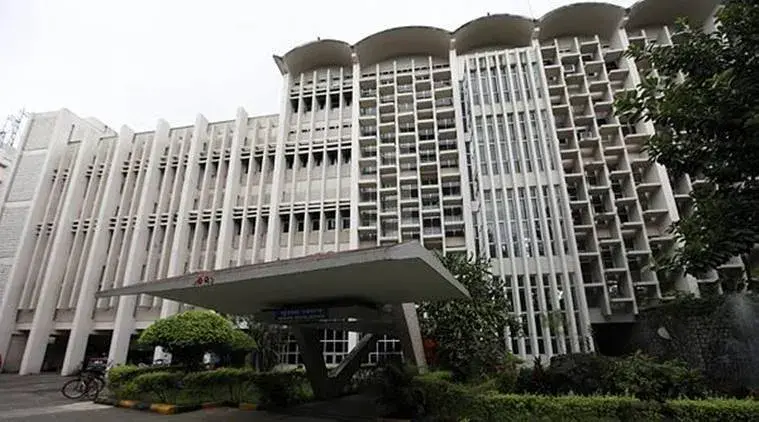Indian Researchers Pioneer Breakthrough Nano-Cup Technology for Heat-Based Cancer Treatment
In a major leap for non-invasive cancer therapies, Indian scientists have unveiled a revolutionary method to create nano-sized cup-shaped particles that can eliminate tumors using heat. This innovation could significantly boost the accessibility and effectiveness of Photothermal Therapy (PTT)—a technique that destroys cancer cells by heating them with laser light. The research team, comprising experts from the Institute of Nano Science and Technology (INST), Mohali, the Advanced Centre for Treatment Research & Education in Cancer (ACTREC), Tata Memorial Centre, and IIT-Bombay, has developed PEGylated semi-shells (SS)—nano-cup structures partially coated with polyethylene glycol (PEG). This coating enhances the particles’ compatibility with the human body, improving their stability and circulation when injected into the bloodstream. Unlike traditional methods that relied on multiple steps and hazardous chemicals like hydrofluoric acid, the new approach is both simpler and safer. Published in Communications Chemistry, a journal by the Nature group, the study outlines a single-step synthesis using biocompatible substances under mild conditions. The researchers used ZIF-8, a metal-organic framework, as a dissolvable template. As ZIF-8 breaks down, gold nanoparticles form around it, resulting in the distinctive nano-cup shape. The process, remarkably, is carried out at room temperature using ascorbic acid (Vitamin C) as a gentle reducing agent. What makes these nano-cups particularly powerful is their ability to absorb and scatter light in the near-infrared (NIR) spectrum, making them highly suitable for PTT. Laboratory experiments showed that the PEGylated semi-shells had high photothermal conversion efficiency, remained stable in water, and were non-toxic. In preclinical trials, the team successfully applied this technology to treat metastatic breast tumors in mice, achieving significant tumor reduction, improved survival rates, and a lower risk of recurrence. Beyond cancer treatment, scientists believe the unique optical features of these nano-cups could pave the way for advanced biosensing applications such as Surface-Enhanced Raman Spectroscopy (SERS). Future studies aim to explore combining this technique with traditional chemotherapy to further enhance cancer treatment outcomes. This homegrown innovation marks a promising step forward in India’s contribution to global cancer therapy, blending cutting-edge nanotechnology with safe, sustainable scientific practices. Source: Economic Times






